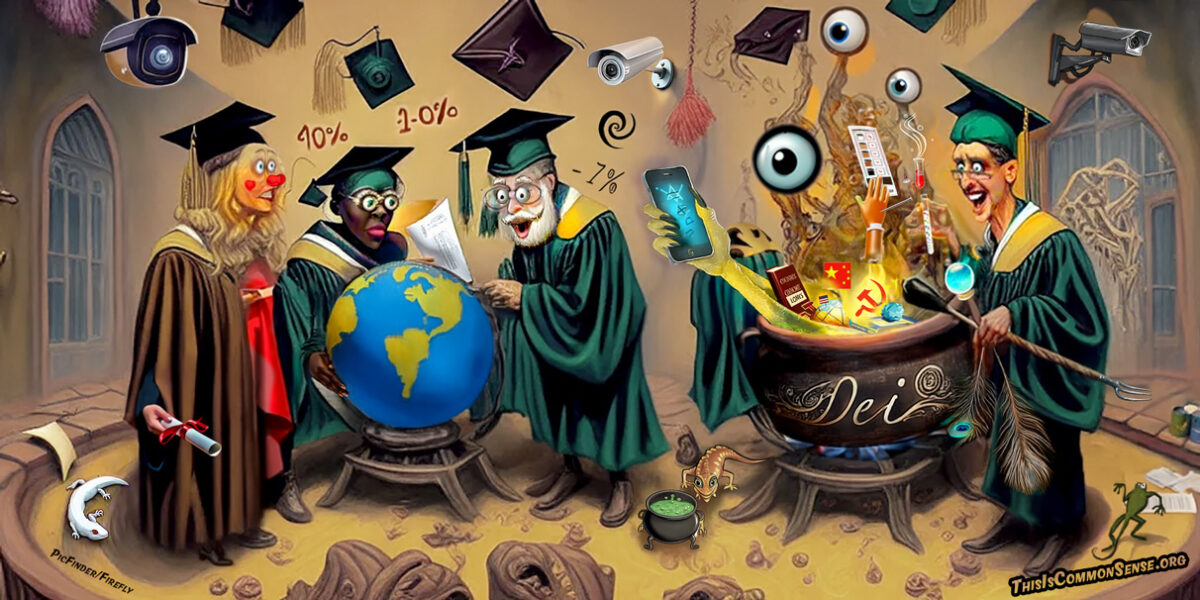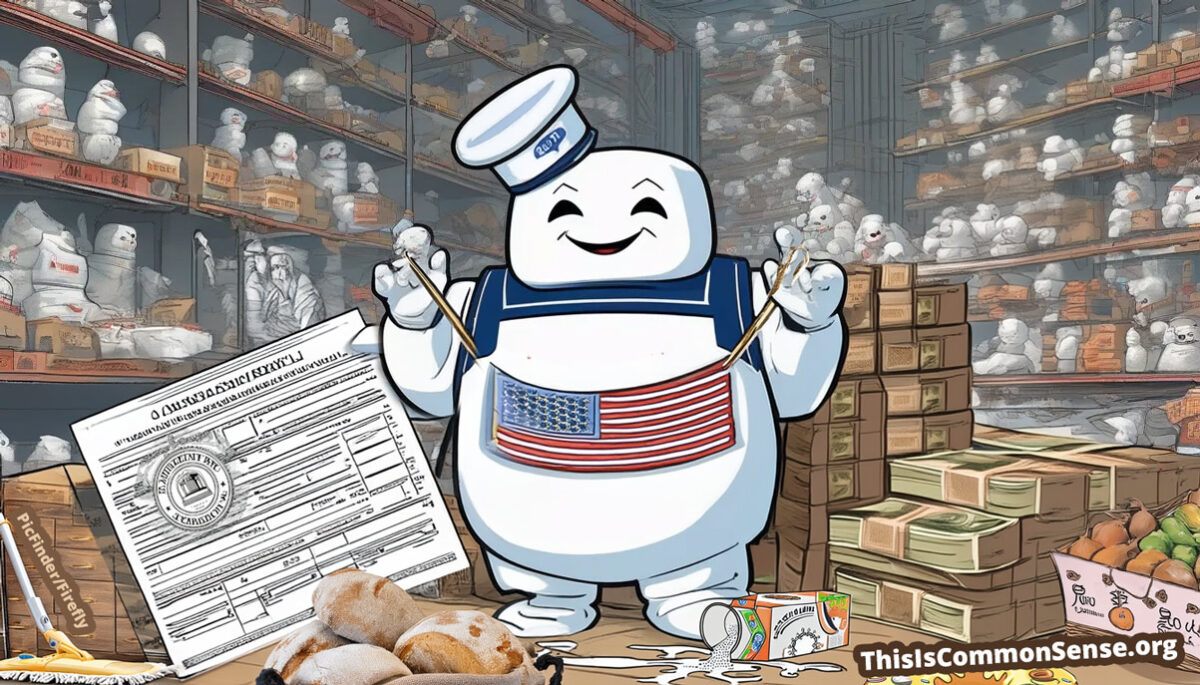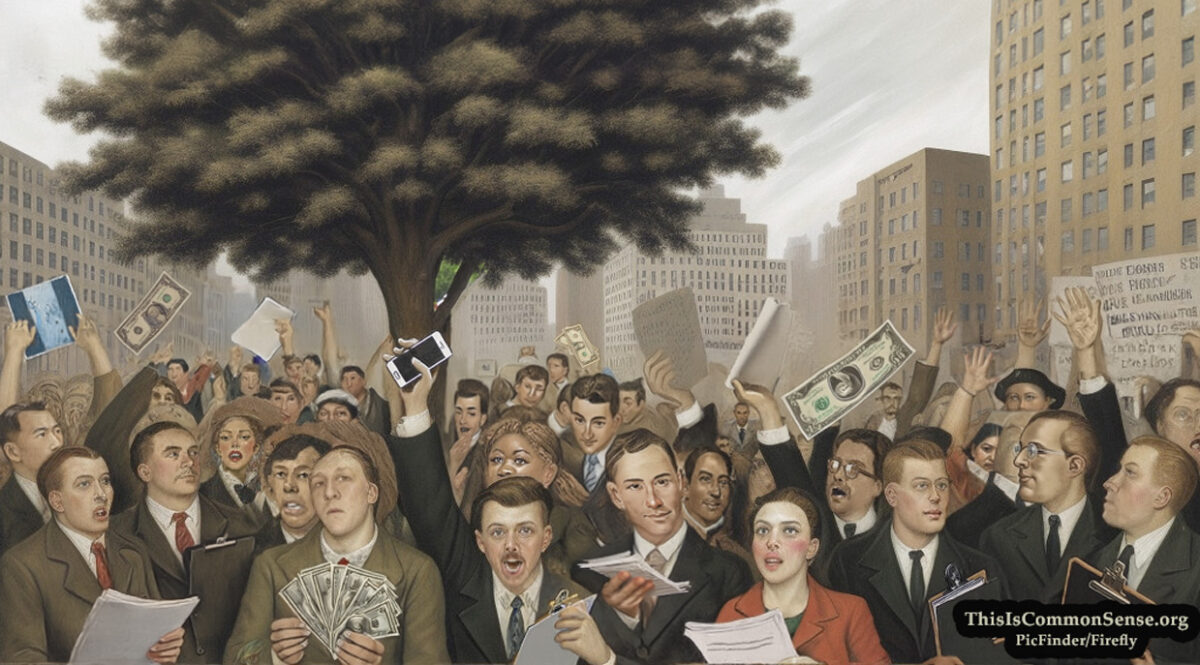Two parts gall, three parts random irrationality; eye of newt, toe of frog.
That’s how you cook up the latest leftist madness.
According to the wizards running Columbia University, deliberately race-neutral policies are discriminatory if they have a “disproportionate impact.”
Columbia has updated its antidiscrimination policy about bad things you can do on campus that might get you investigated and sanctioned. The revised policy declares that one bad thing is “having a neutral policy or practice that has a disproportionate and unjustified adverse impact on actual and/or perceived members or associates of one Protected Class more than others.”
This, the policy asserts, “constitutes Discrimination” — with a capital D.
Those “protected classes” make up a formidable list. If the idea is that treating another person abusively subjects one to penalties, why not just say this? Then no groups need be listed.
But Columbia University seems to find focusing on discriminatory nondiscrimination a more productive way to spend its time than coping with unambiguous racial and ethnic hatred on campus.
Columbia is among the schools that has responded to vicious harassment of Jewish students with little more than pro forma protest. Even as a Columbia representative tells USA Today that “calls for violence have no place at Columbia,” anti-Israel and anti-Jewish students keep calling for violence. Will they be kicked out?
Eliana Goldin, a Jewish student at the school, says that the administration is well aware of “the credible threat to Jewish students, and they’re still playing both-sideism.”
Which strikes me as Discrimination with a Capital D.
This is Common Sense. I’m Paul Jacob.
Illustration created with PicFinder and Firefly
—
See all recent commentary
(simplified and organized)





